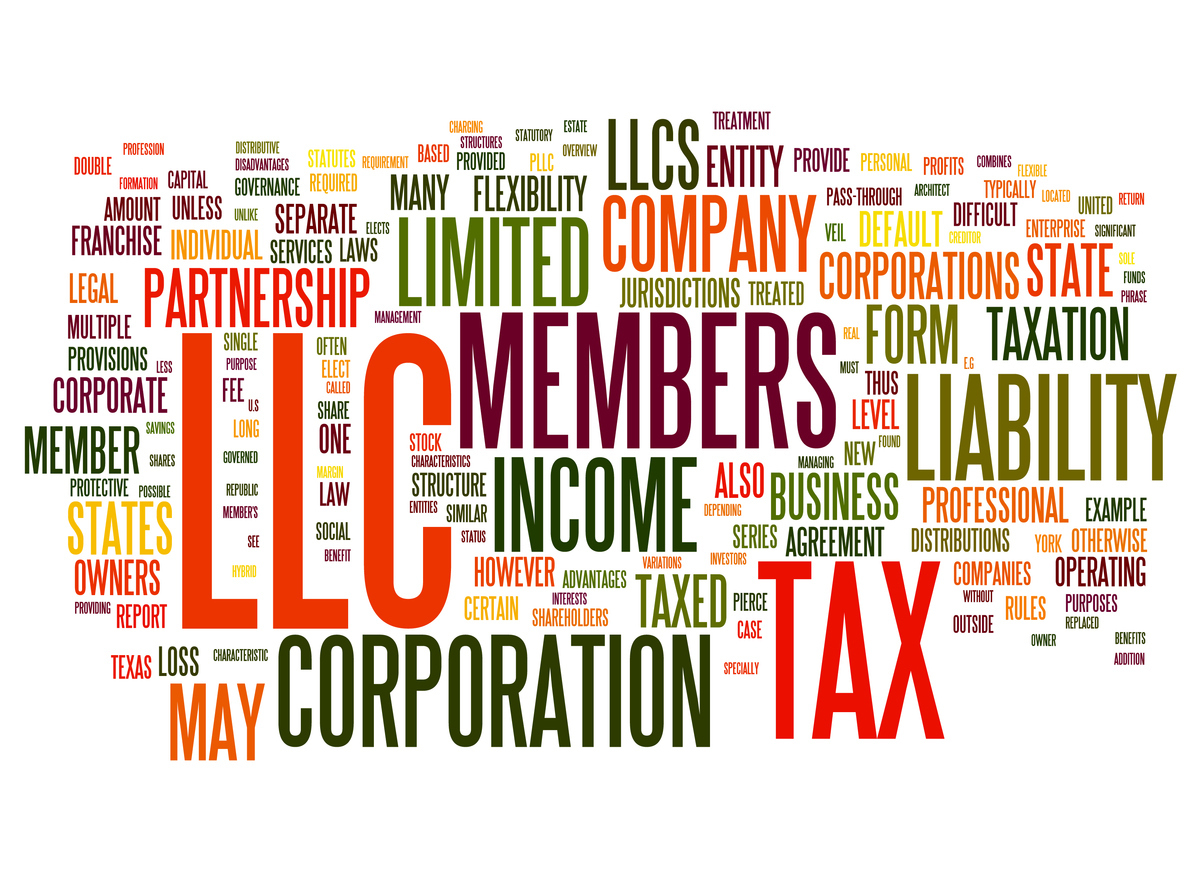Should I Form an LLC or a Corporation in Texas?

If you are starting a business in Texas, you have probably already searched, “Should I form an LLC or a Corporation?” The results can feel overwhelming. Five different answers, ten conflicting charts, and a flood of legal jargon that does not actually help you make a confident decision. I’m here to simplify that process and explain what really matters when choosing between a Limited Liability Company (LLC) and a Corporation.
What an LLC and a Corporation Have in Common
First, let us talk about what both entities offer: liability protection. Whether you form an LLC or a Corporation, your personal assets are generally shielded from business debts and lawsuits. That means your home, car, and savings are protected if your business runs into legal trouble. This is one of the biggest reasons people choose to form a legal entity instead of operating as a sole proprietorship.
Why Many Small Businesses Choose LLCs
For many small business owners in Texas, an LLC is often the right fit. LLCs are easy to manage, especially when you want to avoid the formalities of running a Corporation. Most LLCs in Texas are taxed as pass-through entities, which means business income is reported on your personal tax return. Since Texas does not have a state income tax, this setup can be very efficient.
An LLC also offers management flexibility. You do not need a board of directors or officers. You can run the business yourself or appoint someone else to manage it. LLCs are also known for their customizable structure. If you want to divide ownership or responsibilities in a specific way, your company agreement can reflect that. The downside? LLCs cannot issue stock, which can limit your ability to attract outside investors in the future.
When Corporations Make More Sense
If your goal is long-term growth or attracting investment, a Corporation might be the better option. Corporations can issue stock, which makes it easier to raise money from investors. They are required to have a board of directors, officers, and shareholders, which creates a more formal structure that investors often prefer.
Corporations can be taxed as either a C-Corporation or an S-Corporation. A C-Corporation is subject to double taxation, once on its profits and again when those profits are distributed as dividends. An S-Corporation, on the other hand, allows for pass-through taxation like an LLC, provided it meets certain qualifications.
While Corporations come with more structure and formality, that can be a benefit when you’re seeking funding or positioning your business for future expansion.
How to Decide What’s Right for You
So which structure should you choose? If you are launching a family-owned business, running a solo consultancy, or opening a small shop with no outside investors, an LLC is probably your best bet. It offers simplicity, flexibility, and tax efficiency.
But if you are planning to grow quickly, bring in partners, or raise capital through outside investment, a Corporation might better support those goals. The structure and credibility of a Corporation can be key for businesses that aim to scale or eventually go public.
You Do Not Have to Decide Alone
I help business owners think through these decisions every day. Choosing the wrong structure can lead to expensive restructuring later. Let’s make sure you start with the right foundation. Whether you are leaning toward an LLC or a Corporation, I can help you weigh your options in a way that fits your goals and protects your future.
Let’s Build Your Business the Right Way
At J Nichols Law, PLLC we are here to help you make smart legal decisions from the very beginning. LLCs and Corporations both offer liability protection, but they serve different types of businesses and growth plans. If you’re still not sure which entity is right for you, reach out for a consultation. Let us make sure you are set up for long-term success, so you can focus on growing your business, not worrying about paperwork.
